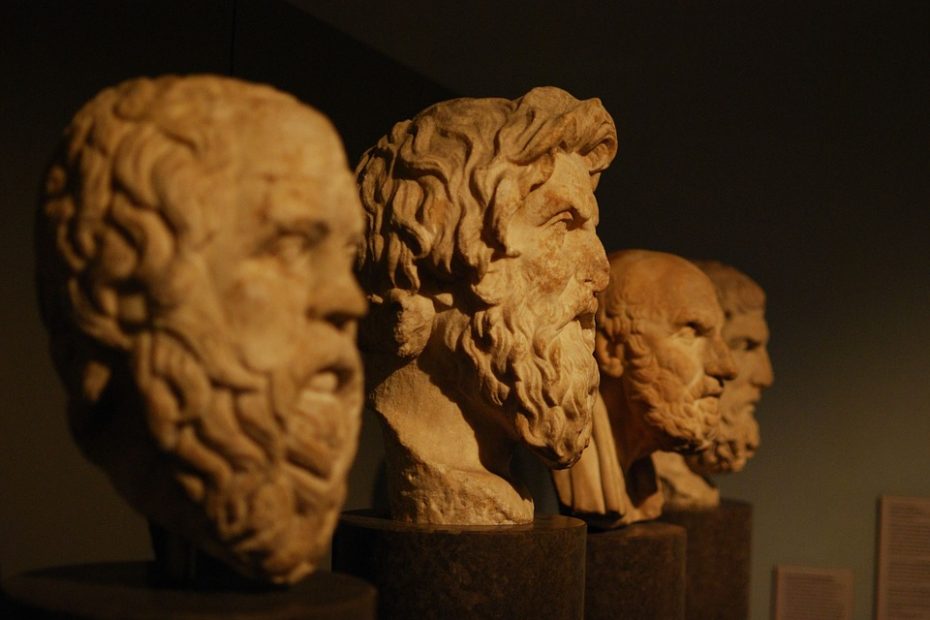In any process of cognition, according to Kant, whether it be sense experience or abstract thought, the mind automatically alters and distorts the evidence confronting it. It filters or structures the material it receives from reality, in accordance with a set of innate and subjective processing devices, whose operation it cannot escape. The world that men perceive, therefore—the world of orderly, spatiotemporal, material entities—is essentially a creation of man’s consciousness. What men perceive is not reality “as it is,” but merely reality as it appears to man, given the special structure of the human mind. Thus for Kant, as for Plato, the universe consists of two opposed dimensions: true reality, a supersensible realm of “things in themselves” (in Kant’s terminology), and a world of appearances which is not ultimately real, the material world men perceive by means of their physical senses.
